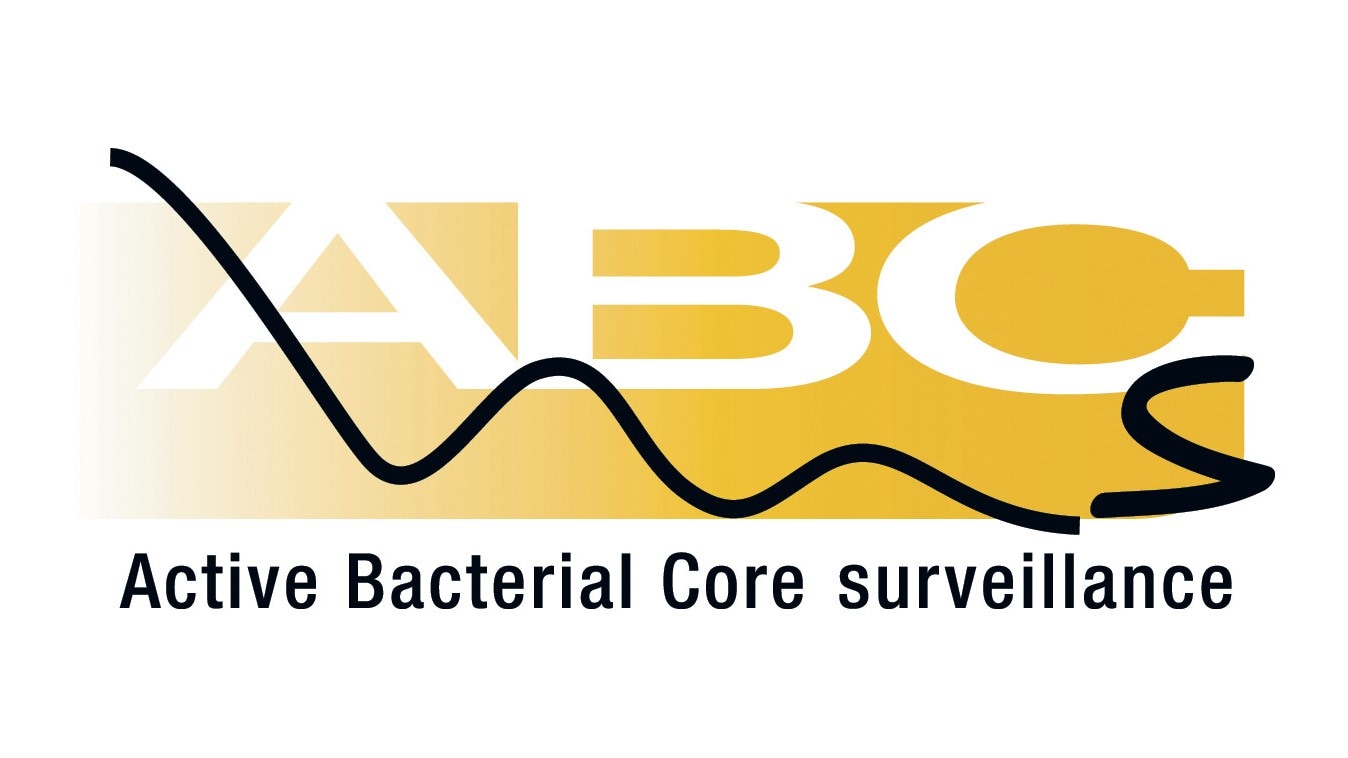Key points
- Active Bacterial Core surveillance (ABCs) is an active laboratory- and population-based surveillance system for several invasive bacterial pathogens.
- ABCs is a core component of CDC's Emerging Infections Program (EIP) network.
- Learn how experts use ABCs data to estimate disease burden and help inform public health policy.

Background
ABCs is a core component of CDC's EIP. This network is a collaboration between CDC, state health departments, and universities.
CDC initially established ABCs in four states in 1995. Now, it operates among 10 EIP sites across the United States, representing a population of approximately 45.9 million people.
What's tracked
ABCs provides estimates of invasive disease burden and trends for five pathogens. ABCs monitors changes in antimicrobial resistance and other characteristics over time through collection of bacterial isolates and demographic and clinical data.
At this time, ABCs conducts surveillance for:
- Group A Streptococcus (GAS)
- Group B Streptococcus (GBS)
- Haemophilus influenzae
- Neisseria meningitidis
- Streptococcus pneumoniae
Enhanced Pertussis Surveillance started in 2011 through the ABCs/EIP network.
Previously tracked
ABCs surveillance for methicillin-resistant Staphylococcus aureus (MRSA) began in 2004. In 2015, these activities transitioned to the Healthcare-Associated Infections - Community Interface Activity (HAIC) network.
ABCs conducted active surveillance for legionellosis from 2011 through 2015.
Data use
Track disease trends
CDC uses ABCs data and infrastructure to track disease trends.
ABCs data documented the decline in pneumococcal disease following introduction of the pediatric pneumococcal conjugate vaccine. ABCs also documented the emergence of serogroup Y meningococcal disease.
Evaluate vaccine effectiveness
Additionally, CDC uses ABCs data to evaluate vaccine effectiveness.
Past evaluations looked at the effectiveness of meningococcal conjugate vaccine in adolescents and pneumococcal conjugate vaccine in children and adults.
Inform public health policy
ABCs also provides critical information to inform public health policy.
ABCs data helped revise CDC guidelines to recommend the use of universal screening of pregnant women to prevent early-onset GBS infections.
These data also formed the basis for the prevention of GAS infections among household contacts of people with invasive disease. This also helped inform the prevention of GAS infections among postpartum and post-surgical patients.
CDC developed a program to assist state and local health departments with surveillance for MRSA and drug-resistant S. pneumoniae. This program was based primarily on lessons learned from ABCs.
